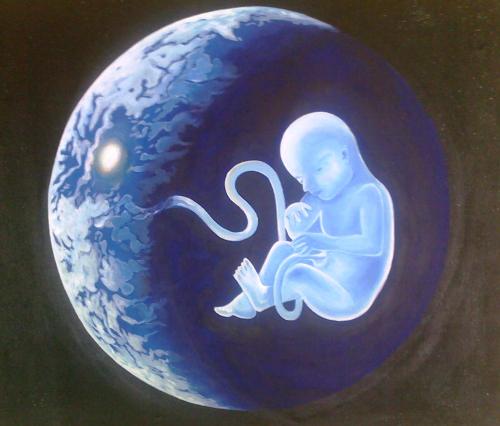For years I’ve been told that my writing is “not safe.” I take this as a compliment. But it’s also the cause for problems: How does an agent sell such work? How can one communicate about it to readers? After much teeth gnashing, my literary agent finally figured out how to place my work in a genre: “You don’t sound like anyone else,” she pronounced. That was my genre—not like anyone else. “Yes,” I said ecstatically. “Yes, and that’s my favorite kind of book to read: writers with original voices.”
Who but Alice Walker could have ever written
The Color Purple? John Kennedy Toole, who committed suicide in despair and whose mother finally published
A Confederacy of Dunces, was one of a kind. And more recently Emma Donoghue’s
Room, which is written in a child’s language all its own, was such a hit it has been turned into a popular Hollywood movie. But, except for the rare writer who achieves fame with something out of left field (Haruki Murakami, for instance) and becomes his own "brand," these books are not the rule. Most popular books fit into a standard genre: women’s fiction, young adult, mystery, etc. I like these books too, but the books I
love, the ones that get inside me and change me, are those that are written, and had to be written, by writers who used their
original voices. Here are three such books:
 The Summer That Melted Everything
The Summer That Melted Everything (St. Martin’s Press, July 26, 2016) by Tiffany McDaniel
Imagine the best Southern writers of many eras, plus a serving of a script by Shirley Jackson produced in Rod Serling’s
The Twilight Zone, with a touch of futuristic Kurt Vonnegut seasoning, all cooked with an imagination that belongs only to Tiffany McDaniel.
The setting is the fictional small town of Breathed, Ohio, during the abnormally hot summer of 1984. The story is told by a man called Fielding Bliss (son of the town’s prosecutor, Autopsy Bliss)—from his point of view in a future none of us have yet lived.
At Autopsy’s invitation, because he cannot live with being certain and wrong, he invites the devil to Breathed; surely the devil will be someone he is certain about and right. A boy shows up claiming to be the devil. And all hell breaks loose.
This is a poetic parable about how, in fear, driven by our herd instinct, in the high heat of unexamined beliefs, we humans easily and instantly allow common sense to be melted away. It is about our species—beings who have not been accepted as they are, disappointed in themselves, similarly rejecting themselves and then others. Paradise Lost. (Each chapter begins with an epigraph from the Milton poem.)
This book has an epic quality. The writing is unusual. Is life an ongoing tragedy? This story is one to live with and contemplate. And the mystery of how a debut book can be this mature is solved in this
interview; it's the "fifth or sixth" book McDaniel has written!
Read More


 This morning’s contemplation: Sometimes you have a sudden awakening—a feeling of lightening; a knowing that, although each of us is ultimately alone, we are something much huger than any one person, something so powerful we would explode if we felt it all the time. If you have felt this just once, it is there for you. It’s like connection to a great mother’s placenta. For me, there was such an awakening during the 1/21
This morning’s contemplation: Sometimes you have a sudden awakening—a feeling of lightening; a knowing that, although each of us is ultimately alone, we are something much huger than any one person, something so powerful we would explode if we felt it all the time. If you have felt this just once, it is there for you. It’s like connection to a great mother’s placenta. For me, there was such an awakening during the 1/21  This is a sincere question and I have no answers.
This is a sincere question and I have no answers.







 Dear Mr. M
Dear Mr. M
